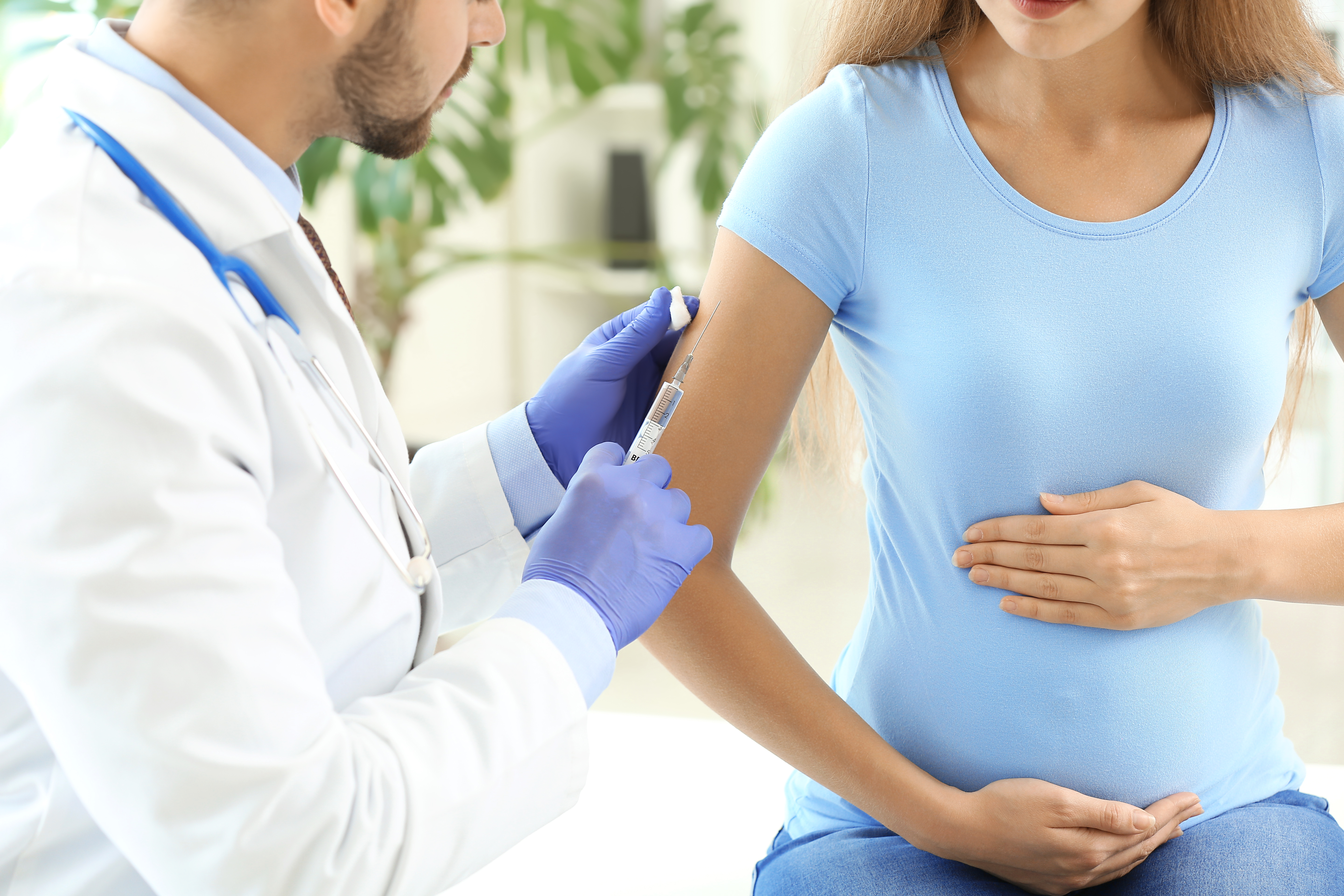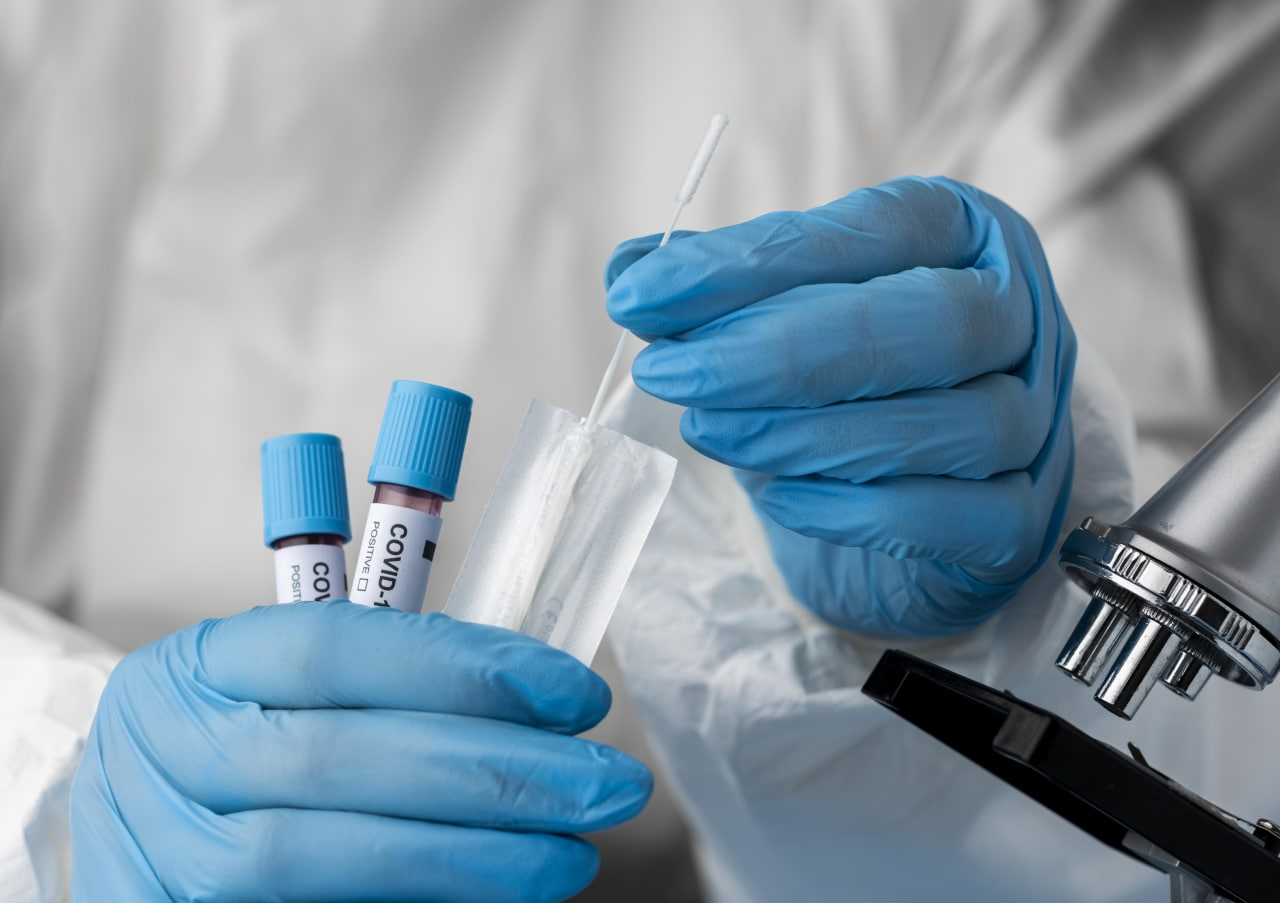Nowadays vaccination is an efficient in preventing coronavirus infection. However, due to relatively recent appearance of such vaccines, researches on the human body reaction to them are still being conducted. The most pressing and unsolved issue is the impact of the COVID-19 vaccine on the reproductive system and on pregnant women. This is what we have tried to clarify.

Risks and consequences of coronavirus infection in pregnancy
According to the work published in Science journal, 8207 out of 91412 women of reproductive age in the United States with confirmed SARS-CoV-2 had a 50% higher risk of being taken to the intensive care unit compared to their non-pregnant peers. It is worth mentioning that pregnant women were at 70% higher risk of need in mechanical ventilation in the case of coronavirus.
The impact of COVID-19 on pregnant and lactating patients stated in the background paper on the efficacy and safety of COVID-19 vaccines by researchers from the FSBI V.B. Kulakov National Medical Research Center for Obstetrics, Gynecology and Perinatology, dated May 26, 2021 (incl. 55 foreign publications) includes:
- premature birth
- operative delivery by caesarean section
- myocardial damage
- preeclampsia
- perinatal mortality in pregnant women with COVID-19.
All of the above indicates the need to develop precautions for pregnant and lactating women, as they are at risk.
.jpg)
Recommendations from various world bodies
ВThe World Health Organization (WHO) and experts fro the Robert Koch Institute (Germany) argue that vaccination against COVID-19 during pregnancy and breastfeeding is currently recommended only after an individual assessment of the risk-benefit ratio.
The Center for Disease Control and Prevention (CDC), United States (CDC) claims that to this date, there is no data on the negative impact of COVID-19 vaccines on reproductive function and fertility, and does not state the need for a pregnancy test before vaccination.
The American College of Obstetricians and Gynecologists (ACOG) recommends consultation with a healthcare professional to estimate the need for vaccination in pregnancy, and also rejects the relation between the development of infertility and COVID-19 vaccination.
The Royal Australian and New Zealand College of Obstetricians and Gynecologists (RANZCOG) note the lack of data on the COVID-19 vaccines impact on the course and pregnancy outcomes, nevertheless, they recommend this kind of prevention for pregnant women with concomitant diseases (diabetes mellitus, bronchial asthma, etc.).
The Israeli Ministry of Health has identified pregnant, lactating and planning women as a priority group for receiving the COVID-19 vaccine.
Thus, vaccination in pregnancy is recommended in cases of: having concomitant diseases that increase the risk of a severe course of COVID-19; medical or social workers who are at increased risk of contracting COVID-19; women at high risk of COVID-19 for health reasons; women with gestational diabetes or BMI> 40 kg / m2.

Information on registered Russian vaccines
According to the Interim Guidelines «Procedure for covid-19 Vaccination of the adult population», vaccinating people in the risk group for severe COVID-19 is advised starting with 22 weeks of gestation.
Risks of severe COVID-19 include obesity, chronic lung disease, diabetes mellitus, cardiovascular and oncological diseases, chronic kidney disease, liver diseases.
Moreover, the recommendations mention the lack of data and the need to consider each case individually taking into account the risks and benefits. In the instructions for medical use of EpiVacCorona, Kovivac and Gam-COVID-Vaka, pregnancy and breastfeeding are noted as contraindications.
Obviously, these days vaccination in pregnancy should be carried out only after a detailed assessment of each case and if there is a potential threat to the life of the mother and fetus.
To sum up:
- the impact of COVID-19 vaccines on pregnant and lactating women hasn’t been well researched, but in some countries vaccination of pregnant women is in full swing;
- registered domestic vaccines for the coronavirus infection prevention indicate pregnancy and breastfeeding as contraindications in the instructions for medical use;
- according to the obstetrician-gynecologist of the World Health Organization (WHO), public health expert Lyubov Erofeeva, pregnancy planning should be done at least six months after vaccination;
- coronavirus infection has a disastrous influence on women's health, therefore, pregnancy after a previous illness can be aggravated.







